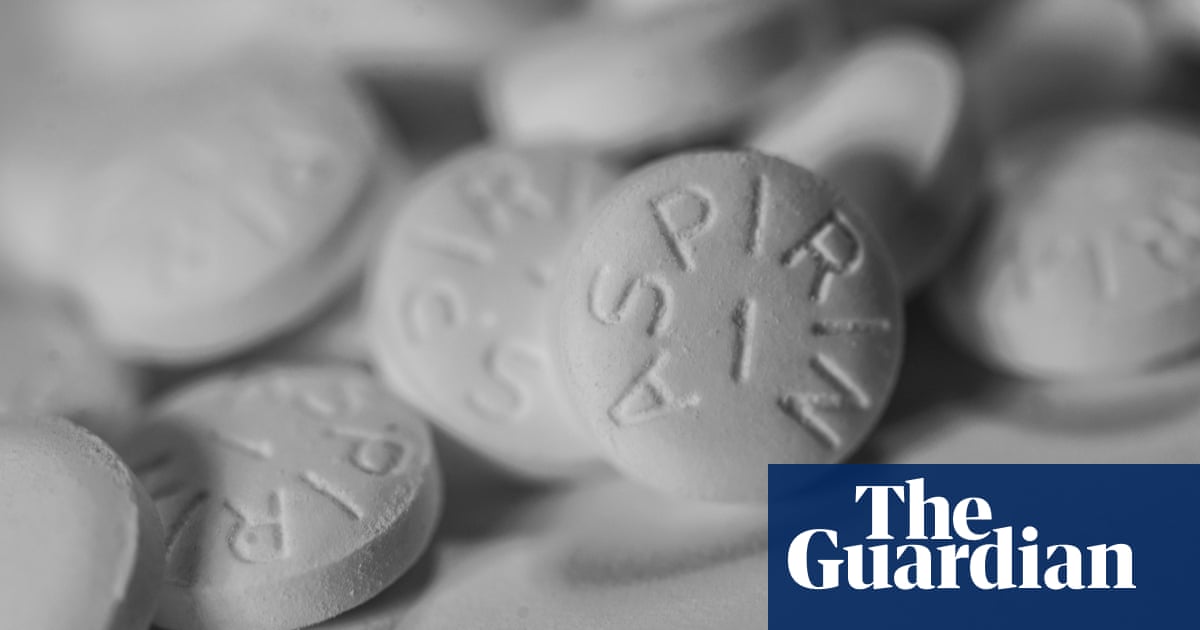
Aspirin has long been believed to help prevent heart attacks and strokes, and some studies have shown it to have a protective effect against some cancers. As a result, some people religiously pop a low-dose aspirin after breakfast every day (never take one on an empty stomach). But now its status as a wonder drug has dipped somewhat, following a major review of the trial evidence.
The Journal of the American Medical Association has just published a meta-analysis (a review of the results of a large number of trials, which can therefore come to more certain conclusions) of the association of aspirin use with cardiovascular and bleeding events. It found that the well-known risk that aspirin can cause internal bleeding is as great – or sometimes higher – than the benefits of preventing heart attacks and strokes.
Aspirin thins the blood, helping to prevent blood clots, and is unquestionably a really good drug for protecting people who have already had a heart attack or stroke from having another. However, the 1,000 or so people in these trials had no history of cardiovascular disease. They were monitored for about a year, during which time they took a daily aspirin or placebo.Among those who took aspirin, there were about 11% fewer heart attacks and strokes but a 43% higher likelihood of a major bleeding episode in the stomach, brain or intestine. (The researchers found no effect on cancer.)
Dr Sean Zheng, academic clinical fellow in cardiology at King’s College London, said that taking a daily aspirin couldn’t be recommended for healthy people, but that there might still be a case for people with a higher risk of a heart attack or stroke, including those with type 2 diabetes. However, it would be important to consider the bleeding risk.
“Aspirin use requires discussion between the patient and their physician, with the knowledge that any small potential cardiovascular benefits are weighed up against the real risk of severe bleeding,” he said.
The findings reflect the average likelihood of bleeds or heart attacks among the patients in all the trials. There will be people among them who would be better off taking aspirin and those who will be worse. We’re not all the same. It’s yet another situation where we need to weigh up our individual risk and benefit – maybe with the help of an understanding GP.
Source: TheGuardian
